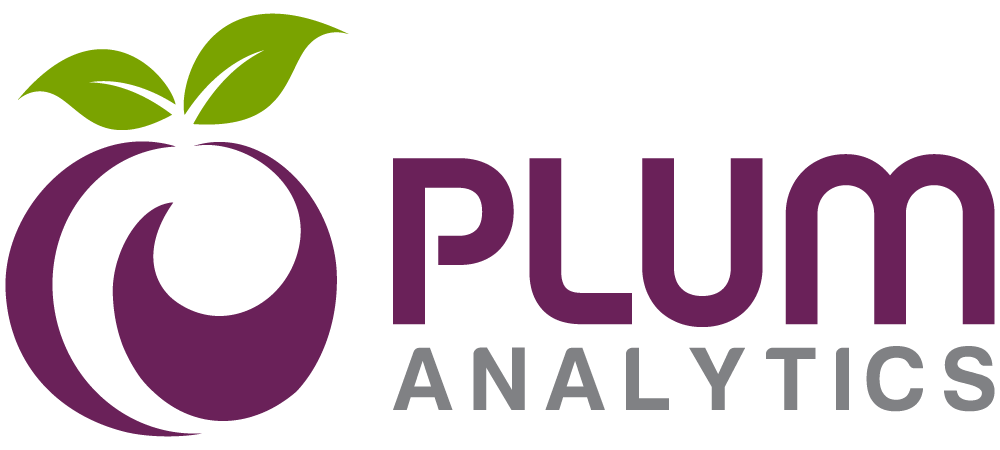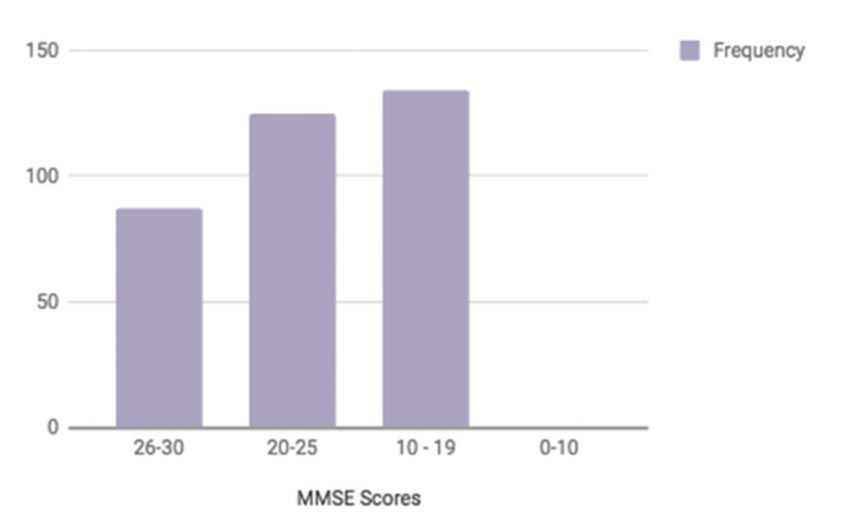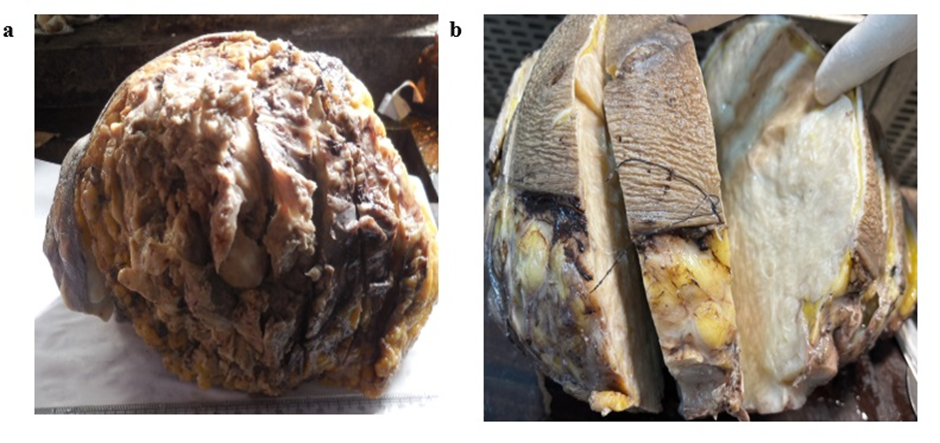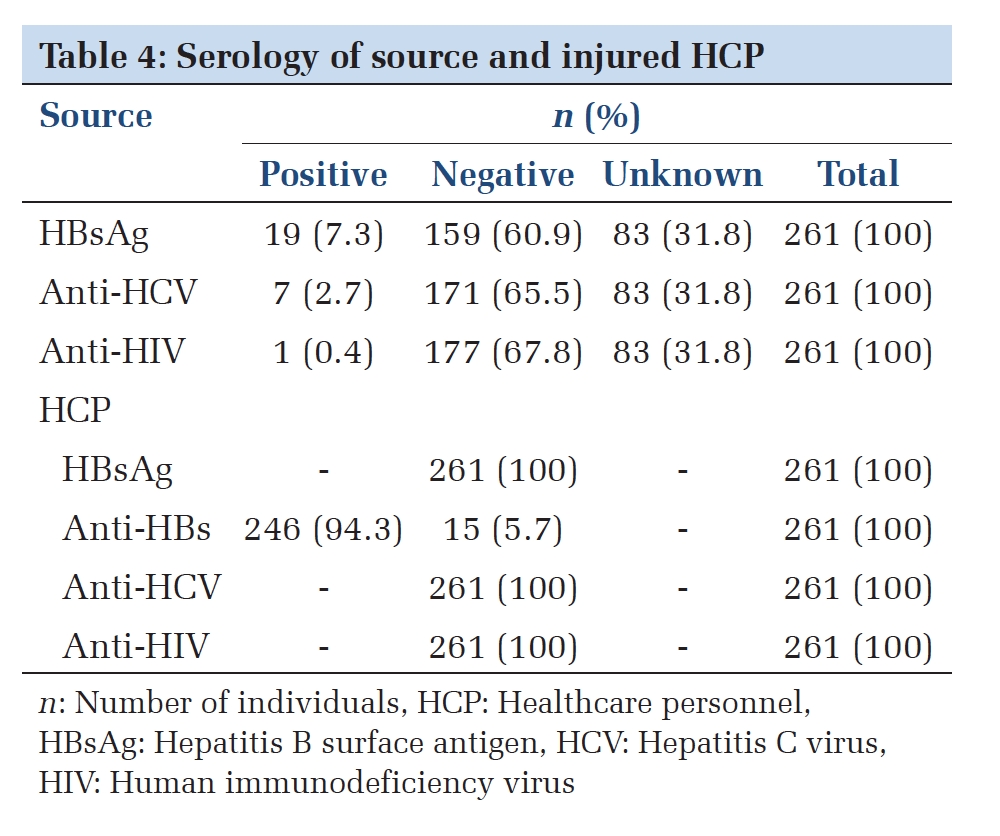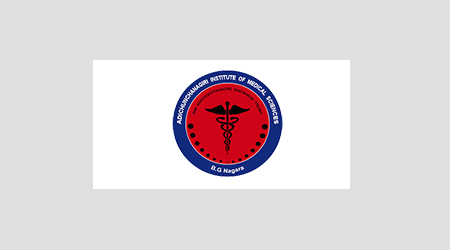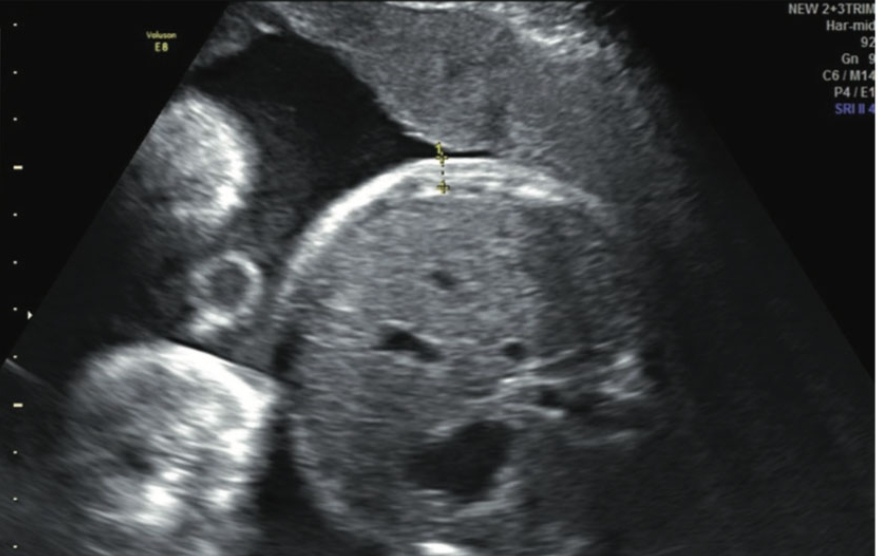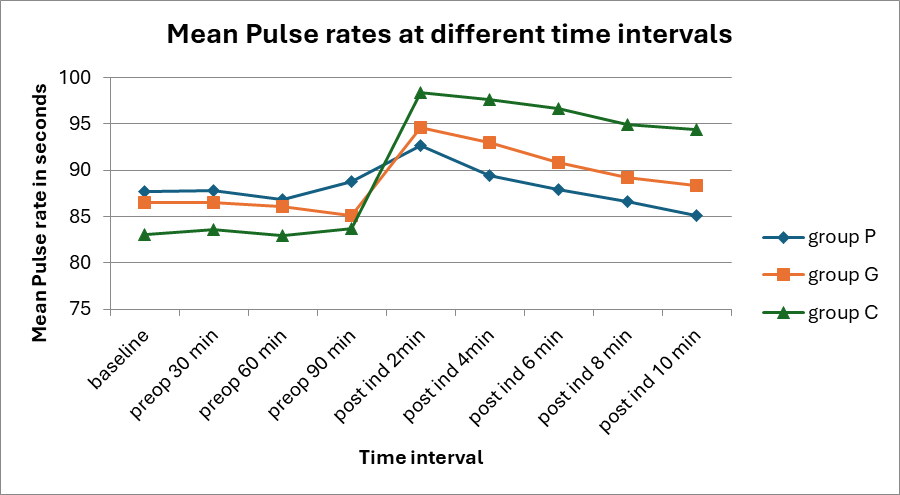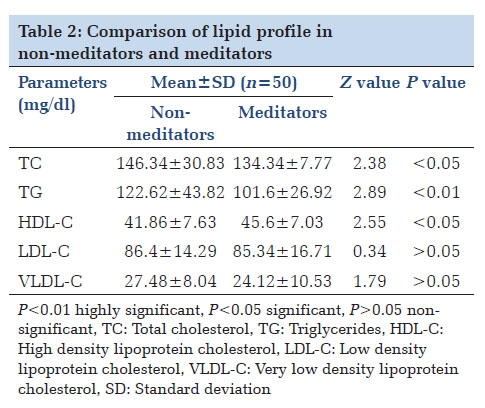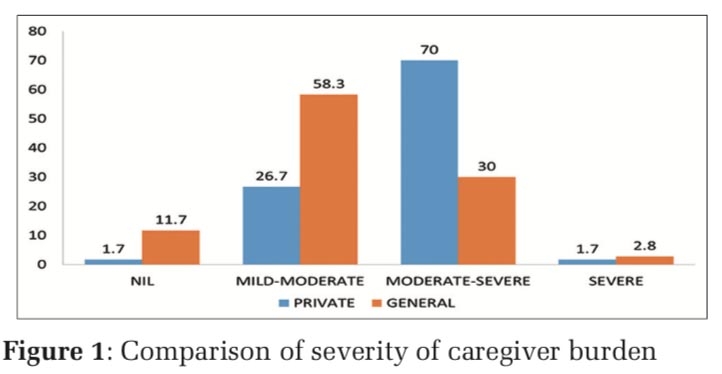Dear Editor,
The strategies protonated for health promotion in Ottawa Charter, 1986 were - Advocacy, Enabling, Inter-sectoral Collaboration and Convergence. World Bank estimated around 270 million Indians living ‘Below Poverty Line’ of whom about 45% are illiterate. 1 80% of poor Indians live in villages and work as casual labours having restricted access to nutritious food, clean water, and safe shelter; their children experience limitations in growth, development and prospects for schooling. Hardships in availing health-care is a frequent common problem. Payment for health-care distract their meagre income from daily necessities, compromising the health crises resulting in health denial. Therefore, it is natural that poverty and poor health run conjointly orbiting a malicious cycle lasting for generations in the lineage.
This communication tries to unfurl the worth of health empowerment in the light of dispensing of Primary Health Care among the marginalised to attain sustainable development goals in future.
WHO pronounced Alma-Ata Declaration in 1978 stating that ‘Primary Healthcare is the cornerstone to Health for all by 2000 AD’ and restated as ‘Primary Health Care - Now More than Ever’ in 2008. Primary health care begins with self-care to promote health, prevent disease, and manage illnesses. Health is influenced by issues beyond wellness, like socio-demographic, environmental, economic, and political counts - heightened by effect of pandemic, bizarre climate, and clutches of conflict influencing the fabric in which people live, work, and utilize public health support to deal with regular health needs but often quiver into health inequities within the communities because poverty breeds ill-health, and ill-health makes the poor - poorer. 2 Health empowerment refers to a process through which people regulate over the decisions on their health and health-related quality of life. The concept of health empowerment is to educate and capacitate individuals so that they have the knowledge, drive, self-efficacy, means of action, and resilience to stay healthy.
To counter the challenges due to change in social, demographic, epidemiological, environmental, climatic, and financial front, health empowerment has emerged as a significant tool. ‘Health Promotional Hospitals’ have been reframed in India by reorienting tertiary care hospitals. 3 Community sessions on stress coping, nutritious diet, lifestyle reformation, self-care for diabetics and hypertensives, cessation of smoking & alcohol, and free health check-ups are regular cues so that the citizens can be contacted, educated, and counselled. Empowerment of the deprived by augmenting health literacy with alleviation of their medico-social needs will go a long way to resolve existing disparity guiding the community towards sustainable development.
Health empowerment ensures that individuals are accountable for their health by focusing on awareness, active participation in decision-making, especially so for endemic diseases, chronic illnesses, pregnancy, child-health, and asthma. It makes the indisposed act differently, rather solely being dependant on hospitals for resolving the health Figure 1). With ever-widening revenue inequality in future, and the pernicious association between poverty and poor health, assisting the vulnerable through edifying on common health issues - up-scaling health-awareness and health-seeking attitude, is essential for quality healthcare services.
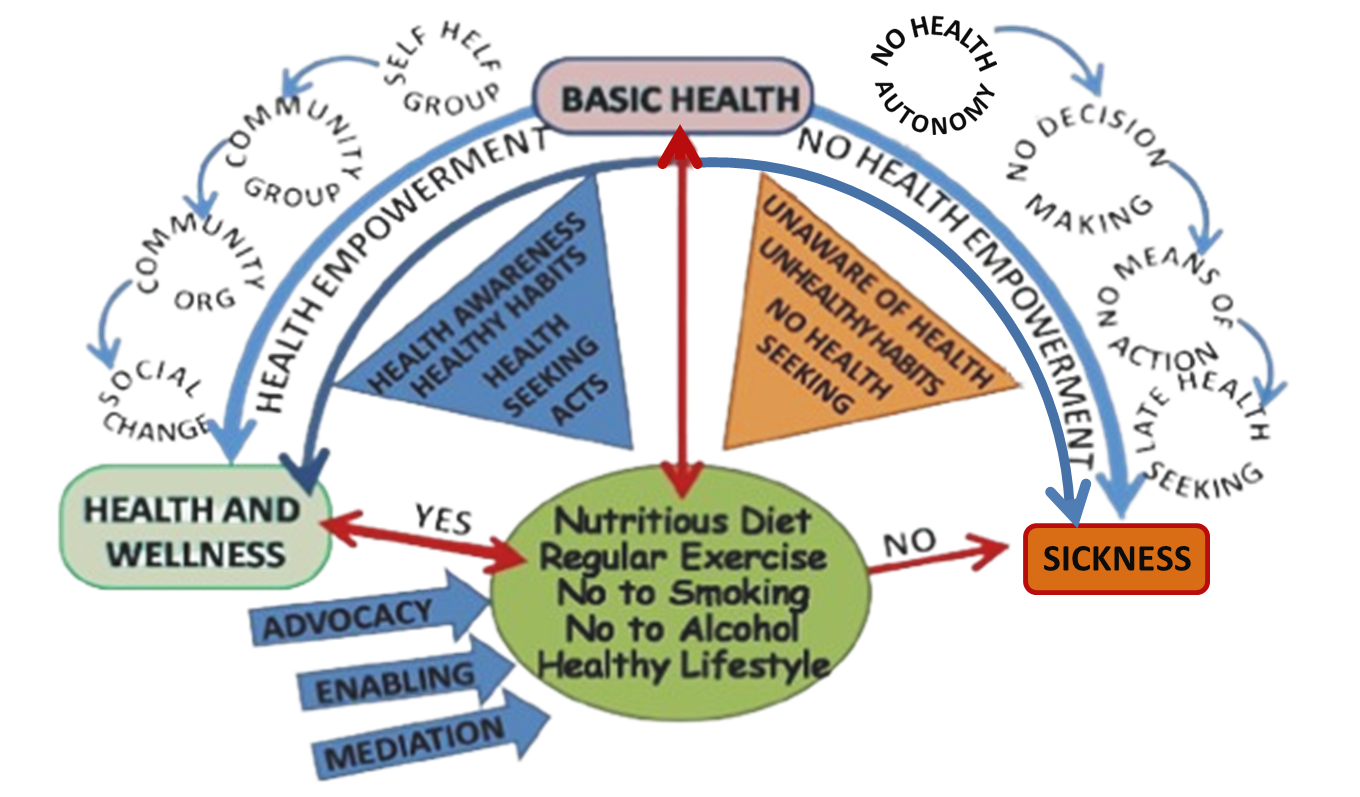
Family Adoption Program initiated by the National Medical Commission in India for UG MBBS students intelligently incorporated these intents, evincing the worth of sustainable development envisaging association between health and collective well-being. 4 A honest approach of reaching out – evoking the power of unity to transform lives, saving planet, lifting people out of poverty, advancing economic growth... these are the same struggle for all of us. The journey through this write-up is likely to arouse our responsibility reminding the role that each one of us to play in easing the journey for a healthier future encompassing the spirit of inclusivity.
Empowering community with health awareness and health seeking attitude is indubitably inimitable to bring justice for dispense of ‘Primary Health Care’ in rural as well as urban India extenuating inequalities in the perspective of ‘Health for All’ fostering the ‘Sustainable Development’ in health and economy in near future.


